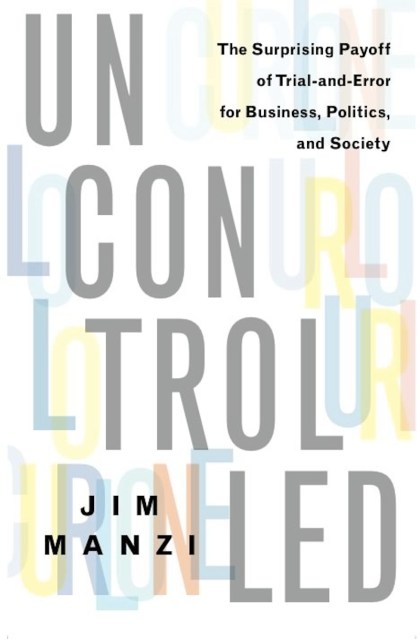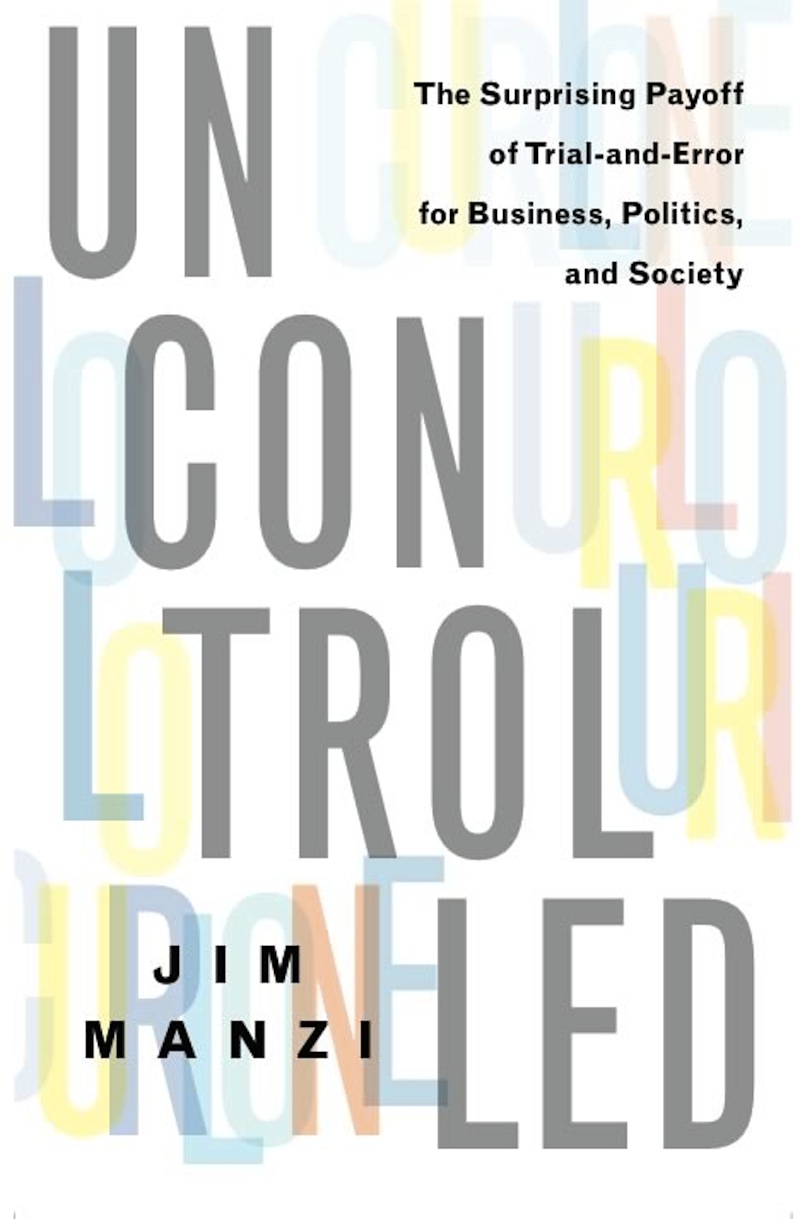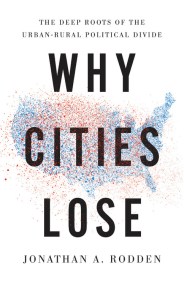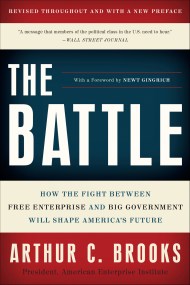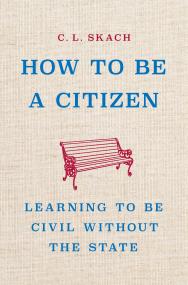Promotion
Use code CYBER2024 for 30% off sitewide + free shipping over $30
By clicking “Accept,” you agree to the use of cookies and similar technologies on your device as set forth in our Cookie Policy and our Privacy Policy. Please note that certain cookies are essential for this website to function properly and do not require user consent to be deployed.
Uncontrolled
The Surprising Payoff of Trial-and-Error for Business, Politics, and Society
Contributors
By Jim Manzi
Formats and Prices
Price
$19.99Price
$25.99 CADFormat
Format:
- ebook $19.99 $25.99 CAD
- Hardcover $37.00 $47.00 CAD
This item is a preorder. Your payment method will be charged immediately, and the product is expected to ship on or around May 1, 2012. This date is subject to change due to shipping delays beyond our control.
Also available from:
In a powerful and masterfully-argued book, Manzi shows us how the methods of science can be applied to social and economic policy in order to ensure progress and prosperity.
- On Sale
- May 1, 2012
- Page Count
- 320 pages
- Publisher
- Basic Books
- ISBN-13
- 9780465029310
Newsletter Signup
By clicking ‘Sign Up,’ I acknowledge that I have read and agree to Hachette Book Group’s Privacy Policy and Terms of Use
